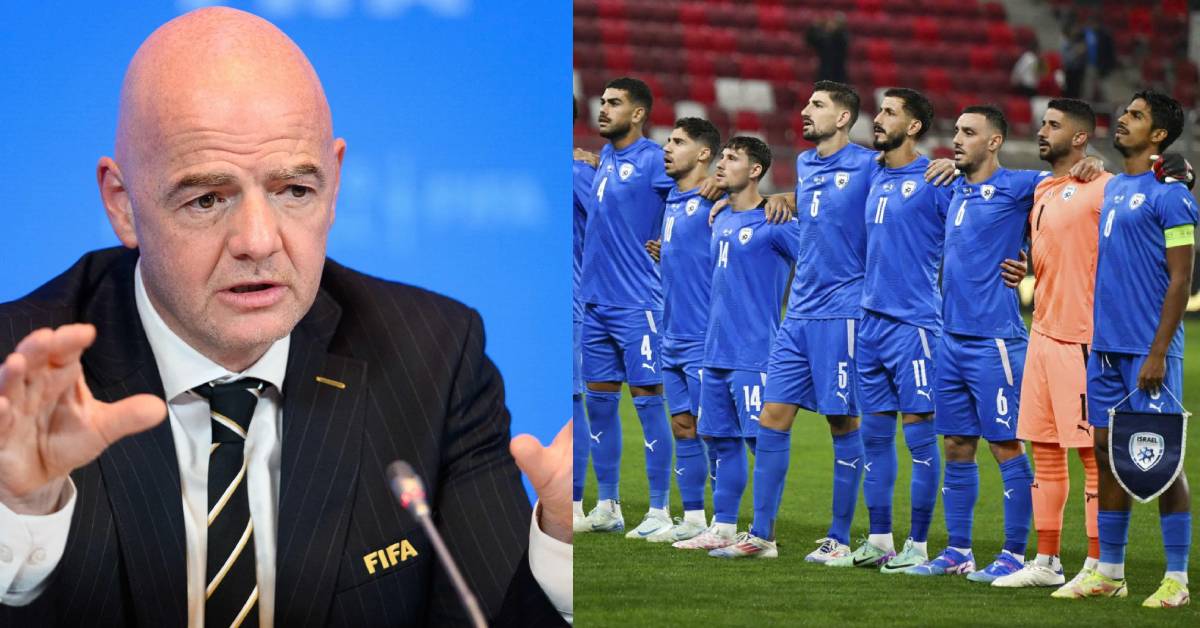The fate of Israeli football was a hot topic of discussion this week as FIFA and UEFA faced immense pressure over the escalating military operations in Palestine. With potential sanctions looming, reminiscent of those imposed on Russia following its invasion of Ukraine, the future of clubs and national teams was uncertain.
Context of the Decision
The geopolitical landscape surrounding Israeli football has become increasingly complex, especially with the ongoing tensions in the region. This week’s discussions revolved around whether to penalize Israeli teams and their national selection amidst global calls for peace and accountability in sports. Despite these pressures, reports from Israel Hayom indicate that FIFA and UEFA have chosen not to impose any sanctions.
Diplomatic Influences at Play
This decision appears to have been swayed by significant diplomatic influence, particularly from Israel itself and its allies, including the United States. The ramifications of such a move are extensive; for example, clubs like Maccabi Tel-Aviv are now set to compete in crucial European fixtures without facing repercussions. This includes their upcoming clash against PAOK Salonique, scheduled for this Wednesday at 18:45 local time.
Tactical Insights on Israeli Football’s Future
The absence of sanctions allows Israeli clubs to continue their participation in international competitions, which is vital not only for their financial health but also for their players’ development. For African football fans, this situation is reminiscent of similar narratives within the continent where political issues often intersect with sports governance. Clubs across Africa face unique challenges—whether it be funding issues or infrastructural limitations—yet they strive to excel on both domestic and international stages.
Voices from the Football Community
In light of these developments, reactions from players and coaches within the Israeli league have varied. Some express relief while others caution against ignoring the underlying issues that persist within the region. The sentiment among many African players competing in Europe echoes similar themes; they often navigate complex identities influenced by dual nationalities while striving for success on foreign shores.
Implications for African Football
This situation also highlights broader implications for African football as it continues to evolve amidst its own set of challenges. The AFCON tournaments and World Cup qualifiers showcase African talent on a global stage, yet political stability remains crucial for sustainable growth in football infrastructures across nations like Nigeria, Egypt, and Senegal. The clear message is that politics will always be intertwined with sports; how federations respond can either facilitate or hinder progress.
A Bright Outlook Ahead
The future prospects for both Israeli and African football hinge on continued dialogue around peace and cooperation in sports. For young talents emerging from various academies across Africa—be it in Nigeria or South Africa—the dream of competing internationally remains vibrant despite external challenges. As we look ahead to upcoming tournaments like AFCON 2026, it will be essential to observe how these dynamics play out both on and off the pitch.

Leave a Reply